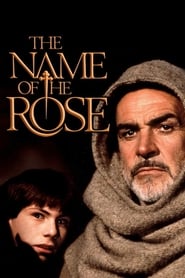
Lucien Bodard
Birthday
1914-01-09
Death date
1998-03-02
Place of Birth
Chungking, China
Biography:
Lucien Bodard (9 January 1914 – 2 March 1998) was a French reporter and writer on events in Asia.
Bodard was born on January 9, 1914 in Chongqing (central China) to the French consul Albert Bodard, who was stationed several years in China, i.e. in Chongqing, Chengdu, Kunming and Shanghai. He grew up with the Chinese language and spoke Mandarin fluently as a child. Later on, he moved to Kunming and Shanghai after his father was positioned there. Before he reached adolescence, his mother decided to send Bodard back to France to study in a "decent school".
His experience and knowledge of Asian cultures, mostly Chinese and Vietnamese, gave him a unique perspective on events that shook the Asian world during the first half of the twentieth century. In 1944, he began his career as journalist and was sent to the Far East to cover various topics such as the south-east Asian war and the rise of communist China, First Indochina war. He progressively became one of the most famous French war correspondents for his work during the first French Indochina war and then the beginning of the American Vietnam war, wars which he later described in several books.
As he grew older, in the 1970s, he started writing novels which were essentially based on his knowledge of Asia, starting with his souvenirs when he was a child in China. His rich, baroque, detailed and sometimes humoristic style drew broad applause, and he won several French literary prizes, including the Prix Interallié for "Monsieur le consul", a book on his father while he was the French Consul in Chengdu and the Prix Goncourt for "Anne Marie", a book on the life and personality of his mother. His last book, "Le chien de Mao" (Mao's Dog), on Mao Zedong's third wife Jiang Qing, was published in 1998, the year of his death.
He has been often compared to two other famous 20th century French journalists and novelists, Albert Londres and Joseph Kessel.
Source: Article "Lucien Bodard" from Wikipedia in English, licensed under CC-BY-SA 3.0.

